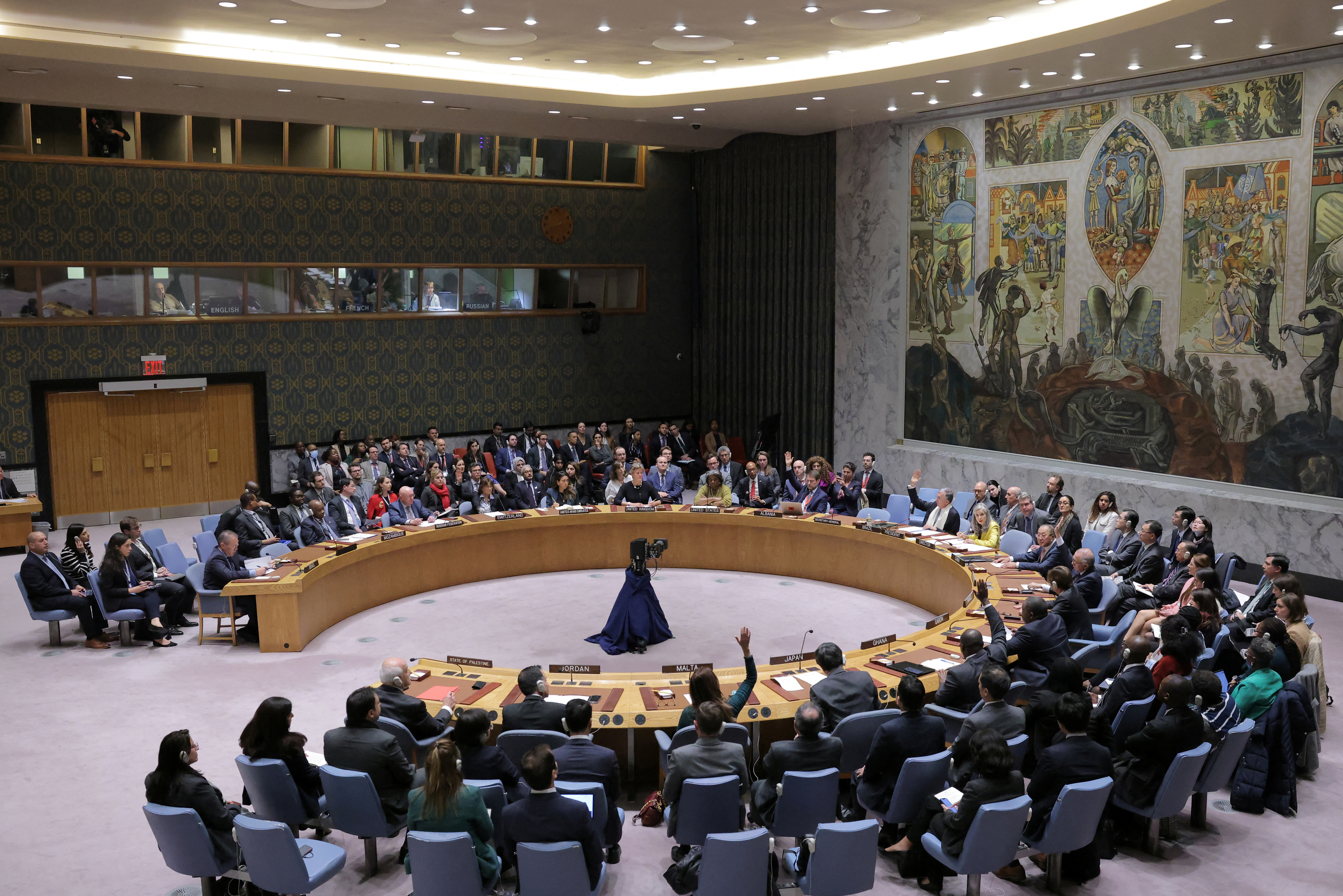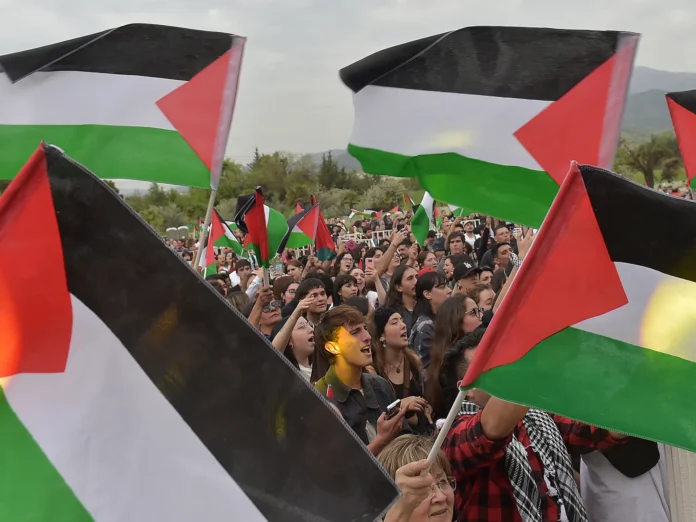Overview of the Security Council Session
The UN Security Council met this week to address the worsening situation in Gaza, where recent military steps have caused rising deaths and growing shortages of food and medicine. Delegates spoke with urgent tones about the risks to civilians and the need for swift aid. More than twenty countries took part in the debate, and tensions flared as different sides pointed fingers over the roots of the crisis.
Rising Human Toll and Worsening Aid Gaps
UN officials say that nearly nineteen hundred Palestinians have died since June 30, and hundreds more were lost when they tried to reach aid points under fire. Many families run low on clean water and basic supplies because main roads remain under military control. And UN staff on the ground report that some workers faint from hunger and fatigue as they try to help those in need, showing how thin resources have become in the narrow territory once home to two million people.

Diplomatic Clash over Responsibility
Pakistan’s foreign minister Ishaq Dar, who led this meeting, called Gaza the true test of world leaders’ will to back human rights and uphold international law. He warned that failing to protect the people in Gaza would damage the trust in the UN’s role and could let more violence pass without penalty. In return, Israel’s ambassador Danny Danon blamed the UN aid office for siding with armed groups and said Israel would cut visa terms for staff and step up security checks. He spoke with a firm tone and said that work in Gaza must not mix politics with relief.
Support and Opposition from Major Powers

Most members of the Council backed calls for a halt to fighting and easier aid routes, but the United States joined Israel in stressing the need to let Israel defend its borders and asking Hamas to agree to peace terms. This split view left no clear majority for binding action, but it did put international focus back on the region’s urgent needs and the limits of current diplomacy.
Steps Proposed for a Lasting Halt to Fighting
Several delegates outlined key measures: an immediate pause in hostilities, safe and constant corridors for aid convoys, free release of hostages, and a full plan for repair and rebuilding once the shooting stops. Dar stressed a six‑point plan that he said must start now, and other members urged quick use of those ideas to save lives and stop further damage to homes, schools, and hospitals.
Personal Analysis
It seems that the backlog of warnings and appeals has reached a critical point as basic aid teams struggle under fire and families face empty kitchens and broken shelters. And the lack of a clear consensus at the Security Council shows how hard it is to reach true peace when each side feels life or death stakes push them to defend their own course. If the world wants real results, major powers must back concrete steps on the ground without endless debates about blame. This crisis can grow far worse if politicians wait for perfect unity instead of acting on shared calls for calm and care.
Sources: news.un.org

